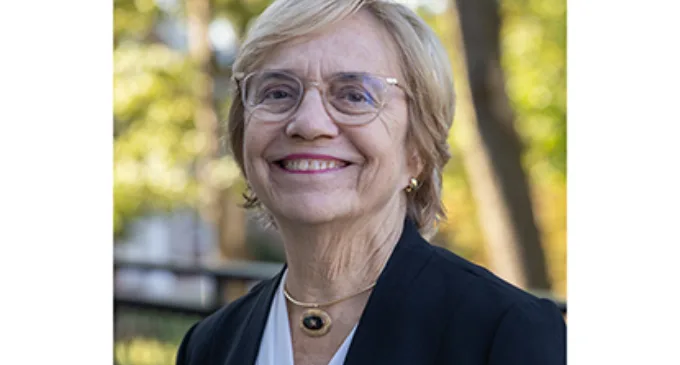This article originally appeared in the Autumn 2021 issue of The Kappa Alpha Theta Magazine.
We want to hear your Theta story! Contact us using our website form.
I was a pretty naïve rushee when I went to University of Missouri (Mizzou) in the fall of 1958. It seemed like participating in recruitment was the first step to becoming a full-fledged university student. At the time, I had no idea the impact joining a sorority on the rest of my life. However, from my current perspective, I am well aware that lifetime friends were the greatest benefit of being a member of Kappa Alpha Theta at the University of Missouri. There were also benefits accrued from leadership opportunities within the chapter and on campus. For example, I was asked to join Mortar Board and I was initiated into Phi Beta Kappa. My Theta sisters have stayed important to me over the decades. Judy Kay Myers Bellemere, a very talented Alpha Mu Chapter sister and dear friend, drew the illustrations for Introduction to Gifted Education, a book that I had a hand in editing and that is currently in the process of getting published. This support and these connections have stayed incredibly important to me.
Gifted education describes the collective strategies and practices that are used in educating children who have been identified as gifted or talented. My career in gifted education, and passion for the field, began in the summer of 1964 when I worked at Maple Park Middle School in Kansas City and my principal asked me to teach a summer reading class to gifted students. I began The Center for Gifted Studies at Western Kentucky University (WKU) 40 years ago, and I have held the Mahurin Endowed Professorship in Gifted Studies at WKU for almost 20 years now. About 15 years ago, The Gatton Academy of Mathematics and Science was opened at WKU, and I serve as executive director of both The Center for Gifted Studies and The Gatton Academy. Most recently, I just completed a four-year term as president of the World Council for Gifted and Talented Children.
I wish everyone would understand that the needs of children and young people with gifts and talents must be specially nurtured if these children and young people are to have the proper opportunities to develop their full potential. Standard practices like proficiency and grade-level learning likely aren’t challenges or goals for children with gifts and talents, so they are often held back in classrooms in which grade-level learning is the focus. A high proportion of the leaders of the future will from this group of young people and we need to prepare them to be exceptional thinkers and ethical problem-solvers. Something that motivates me to continue my work in education is the importance of creating awareness of the need to eliminate the excellence gap by advocating at the state, national, and international levels. Gifted children and young people are members of all racial and ethnic groups and can be found in all socio-economic levels.
Being a leading woman means capturing the opportunity to share important ideas with others at various levels: local, state, national, and international. Being a leading woman means to be a good role model for young people and the future leaders who will work to solve the challenges of the 21st century.


